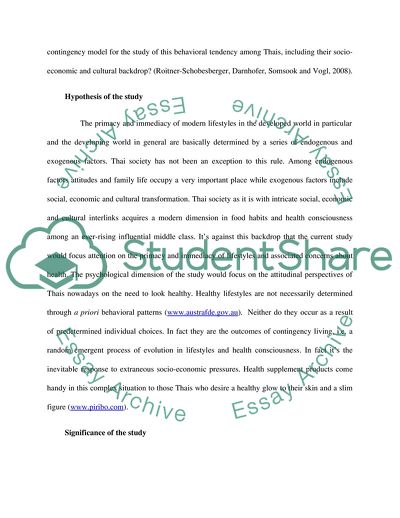Cite this document
(Factors Influencing the Consumption of Health Supplement Products Research Paper, n.d.)
Factors Influencing the Consumption of Health Supplement Products Research Paper. https://studentshare.org/marketing/1722988-an-exploratory-study-of-factors-influence-the-consumption-of-the-health-supplement-product-for-who-concern-skin-and-slim-a-case-study-of-thai-consumers
Factors Influencing the Consumption of Health Supplement Products Research Paper. https://studentshare.org/marketing/1722988-an-exploratory-study-of-factors-influence-the-consumption-of-the-health-supplement-product-for-who-concern-skin-and-slim-a-case-study-of-thai-consumers
(Factors Influencing the Consumption of Health Supplement Products Research Paper)
Factors Influencing the Consumption of Health Supplement Products Research Paper. https://studentshare.org/marketing/1722988-an-exploratory-study-of-factors-influence-the-consumption-of-the-health-supplement-product-for-who-concern-skin-and-slim-a-case-study-of-thai-consumers.
Factors Influencing the Consumption of Health Supplement Products Research Paper. https://studentshare.org/marketing/1722988-an-exploratory-study-of-factors-influence-the-consumption-of-the-health-supplement-product-for-who-concern-skin-and-slim-a-case-study-of-thai-consumers.
“Factors Influencing the Consumption of Health Supplement Products Research Paper”. https://studentshare.org/marketing/1722988-an-exploratory-study-of-factors-influence-the-consumption-of-the-health-supplement-product-for-who-concern-skin-and-slim-a-case-study-of-thai-consumers.


